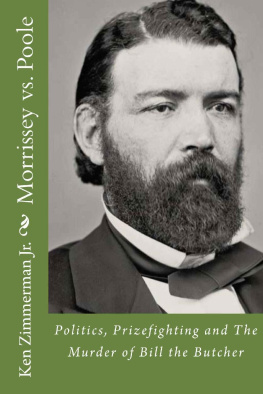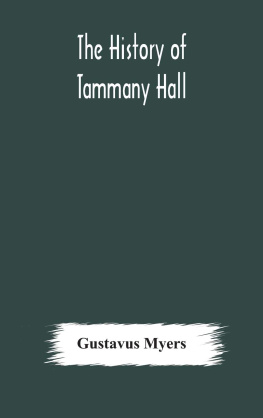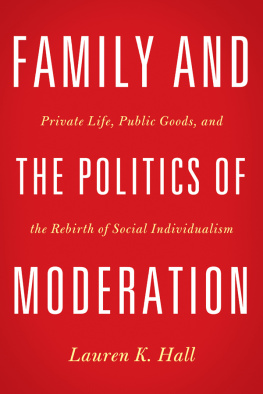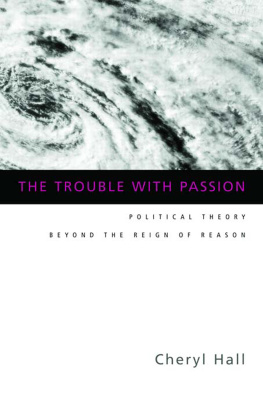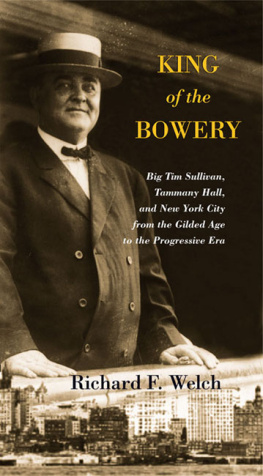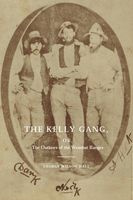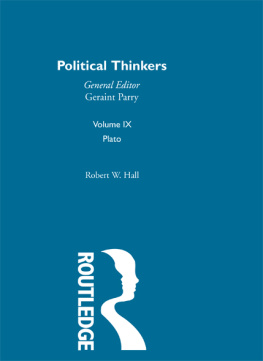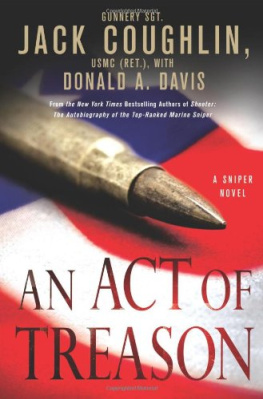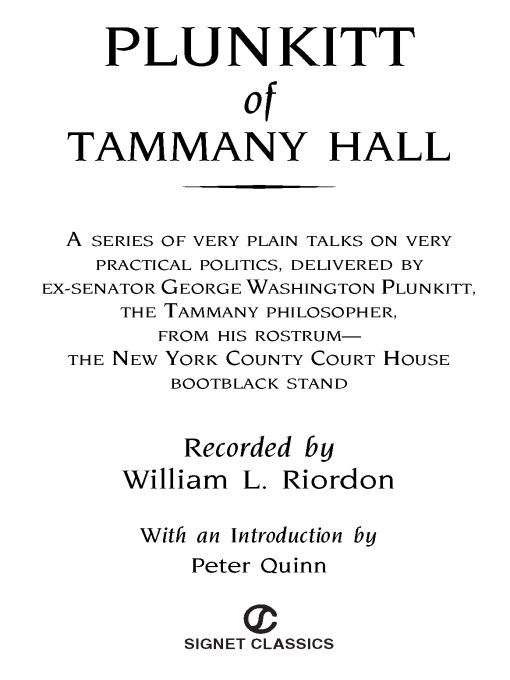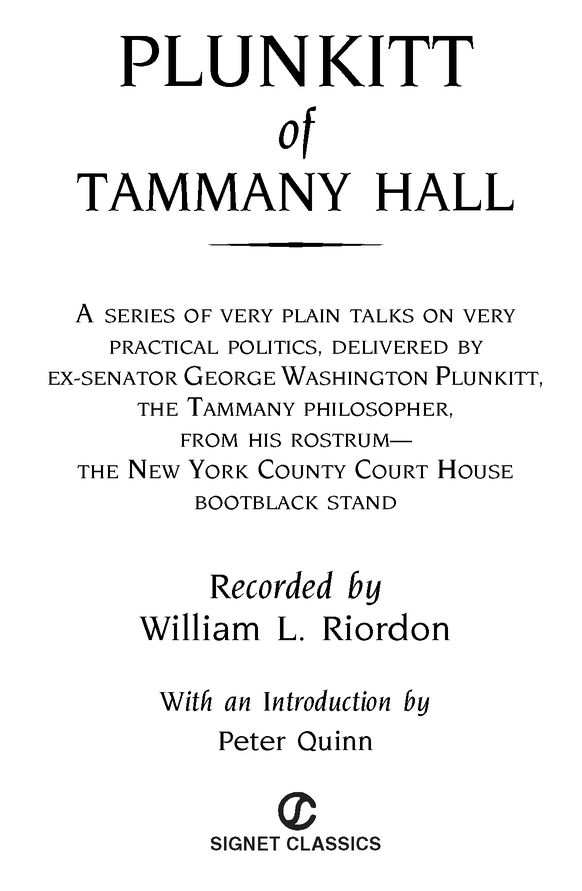William L. Riordan - Plunkitt of Tammany Hall: a series of very plain talks on very practical politics delivered by ex-senator George Washington Plunkitt, the Tammany Hall philosopher from his rostrum the New York County
Here you can read online William L. Riordan - Plunkitt of Tammany Hall: a series of very plain talks on very practical politics delivered by ex-senator George Washington Plunkitt, the Tammany Hall philosopher from his rostrum the New York County full text of the book (entire story) in english for free. Download pdf and epub, get meaning, cover and reviews about this ebook. City: New York, year: 2015, publisher: Penguin Group US;Signet Classics, genre: Detective and thriller. Description of the work, (preface) as well as reviews are available. Best literature library LitArk.com created for fans of good reading and offers a wide selection of genres:
Romance novel
Science fiction
Adventure
Detective
Science
History
Home and family
Prose
Art
Politics
Computer
Non-fiction
Religion
Business
Children
Humor
Choose a favorite category and find really read worthwhile books. Enjoy immersion in the world of imagination, feel the emotions of the characters or learn something new for yourself, make an fascinating discovery.

- Book:Plunkitt of Tammany Hall: a series of very plain talks on very practical politics delivered by ex-senator George Washington Plunkitt, the Tammany Hall philosopher from his rostrum the New York County
- Author:
- Publisher:Penguin Group US;Signet Classics
- Genre:
- Year:2015
- City:New York
- Rating:3 / 5
- Favourites:Add to favourites
- Your mark:
Plunkitt of Tammany Hall: a series of very plain talks on very practical politics delivered by ex-senator George Washington Plunkitt, the Tammany Hall philosopher from his rostrum the New York County: summary, description and annotation
We offer to read an annotation, description, summary or preface (depends on what the author of the book "Plunkitt of Tammany Hall: a series of very plain talks on very practical politics delivered by ex-senator George Washington Plunkitt, the Tammany Hall philosopher from his rostrum the New York County" wrote himself). If you haven't found the necessary information about the book — write in the comments, we will try to find it.
This classic work offers the unblushing, unvarnished wit and wisdom of one of the most fascinating figures ever to play the American political game and win. George Washington Plunkitt rose from impoverished beginnings to become ward boss of the Fifteenth Assembly District in New York, a key player in the powerhouse political team of Tammany Hall, and a millionaire.
In a series of utterly frank talks given at his headquarters at Grazianos bootblack stand inside the New York County Court House, he revealed to a sharp-eared and sympathetic reporter named William L. Riordon the secrets of political success as practiced and perfected by Tammany Hall titans.
The result is not only a volume that reveals more about our political system than does a shelf load of civics textbooks, but also an irresistible portrait of a man who would feel happily at home playing ball with todays lobbyists and kingmakers, trading votes for political and financial favors.
Doing for twentieth-century...
William L. Riordan: author's other books
Who wrote Plunkitt of Tammany Hall: a series of very plain talks on very practical politics delivered by ex-senator George Washington Plunkitt, the Tammany Hall philosopher from his rostrum the New York County? Find out the surname, the name of the author of the book and a list of all author's works by series.

